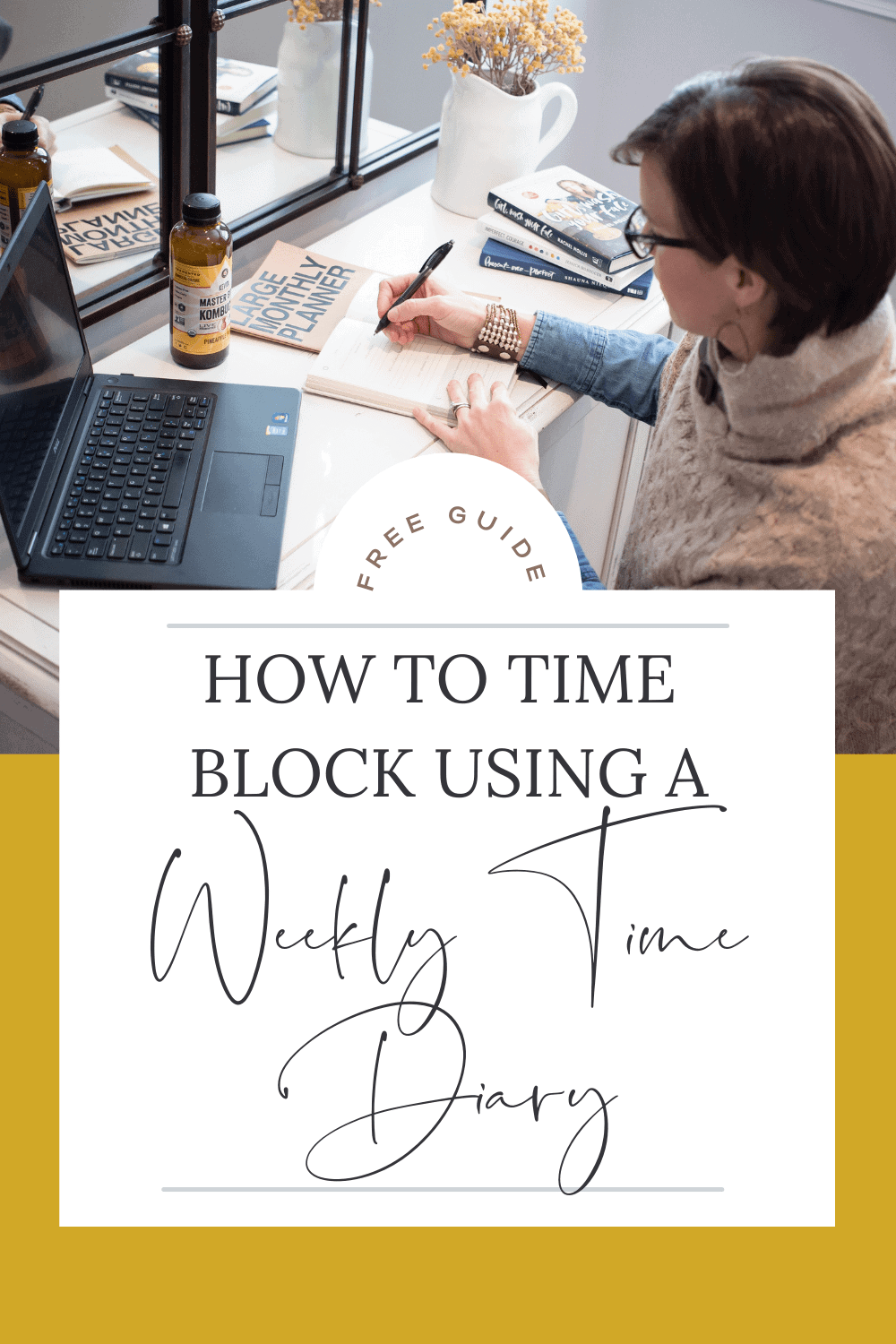Taking Time to Rest: How Executive Women Make This a Daily Practice
Finding time to rest is not easy. If you work full-time in a demanding career, being intentional about finding rest and restoration is critical to your ability to thrive- at work AND at home.
Making matters worse, we’re wise enough to know that we need to rest, but we have a hard time figuring out how and when to fit it in. (Judging ourselves about how we’re faring on this is detrimental to us- check out this post on the word should for some workarounds).
“I don’t know how you do it all- work full-time, shuffling the kids here and there, sitting on Boards, making dinner- and still have a life. What does that even look like?”
My friend wondered this aloud in conversation with me recently and, truth be told, I felt perplexed myself as she rattled off those responsibilities. They do feel like a lot and some days, I find myself choosing which ball to let drop; however, there is one thing that makes juggling it all easier: practicing restoration.
We all know that getting enough sleep is critical to proper brain function and reduced irritability; however, restoration is different from sleep. While a good night’s sleep gives our bodies and minds a break, it’s not always practical for us to grab a nap mid-day. And yet, midday or early evening is often when we’re most exhausted.
That’s where Dr. Saundra Dalton-Smith, Rest and Restoration Expert, comes in.
I crossed paths with Dr. Dalton-Smith as a listener on the Going Scared podcast (check out episode 59 here). Smith asserts that we need to be mindful of the aspects of our lives where we are “pouring out” energy. Once we identify these areas, we must consider when and how (and whether) we are finding time to rest and restore our energy in those areas. If we’re not doing so, we feel depleted.

Simple to understand, right? Getting more sleep at night should fix it, right? Not exactly.
When I think of rest, I think of a vacation or some other lucky luxury that allows for extended slow-down time. But a vacation that’s three months away does very little to help me make it through a packed Tuesday evening when I’m dragging.
It feels overwhelming to consider slowing down right when we simply have so.much.going.on.
Dr. Dalton-Smith shares that there are seven areas where we pour energy out but don’t pour energy back in through intentional restoration. Good news: finding time to rest in these areas does NOT require a plane ticket or depletion of your bank account!

Physical Rest
Finding time to rest our bodies from overextension of physical activities is critical. Dr. Dalton-Smith advises us that there are two kinds of physical rest: passive and active.
You know you need physical rest when:
your body is sore, your muscles are fatigued, and you can’t keep your eyes open.
How to get it:
passive restoration looks like sleep, while active restoration could involve stretching, self-massage, taking a leisure walk, or just taking some deep breaths.
My go-to:
soaking in a warm, lavender-infused bath.
Mental Rest
Mental rest is a must after extensively processing information or enduring rigorous concentration for an extended period of time.
You know you need mental rest when:
you start imagining your brain as a computer processor with a spinning circle and the words, “Storage Full”. Similarly, if you are not making progress on an otherwise mundane project, the writing’s on the wall: it’s time to rest your brain.
How to get it:
consider a “brain dump”: grab your journal or a piece of scrap paper and write down everything that is on your mind, relieving your brain of this mental burden. Also effective: meditate. Find a quiet place at home (or, my favorite: inside your parked car), set a timer for 10 minutes, close your eyes, and practice acknowledging your thoughts. Greet them, judgment-free, then send them off in a helium balloon.
My go-to:
meditation. Ideally, this would be a daily practice, but I am not there yet. I am working on strengthening my ability to notice when I am mentally fatigued, then finding a quiet place to just “be” for about 5-10 minutes. In my experience, it’s 100% effective!
Spiritual Rest
Pouring out by helping others see God is both a mission of and inspiration to people in ministry; nevertheless, it can lead to spiritual exhaustion. For the lay-person, spiritual fatigue hits us when we feel alone and in need of a higher purpose.
You know you need spiritual rest when:
You are seeking context for your season of life and connection to the world and others.
How to get it:
Focus on the relationship: between the minister and the seeker, the seeker and God, or the seeker with the rest of humankind who is also searching for acceptance and love.
My go-to:
Going to worship is restorative to me, as is solitary prayer. When I miss this practice, something inside of me tugs at me & nudges me back to God.

Emotional Rest
Ladies, listen up! If you are a people pleaser, this is where you feel drained. Every time you say “yes” when you want to say “no”, you are depleting your emotional tank. Finding time to rest most likely looks like saying “no” to others so we can say “yes” to ourselves.
You know you need emotional rest when:
you are having a hard time generating emotional responses that are otherwise commonplace. Break-ups, dramatic movies, and crucial conversations with bosses or family can all lead to emotional fatigue.
How to get it:
Restoration looks like authenticity: holding firm to your boundaries and taking ownership of your ability to say “no”. Talk to a trustworthy friend or schedule regular therapy sessions to keep your emotional energy tank full.
My go-to:
Luckily, I have a patient partner in my husband. He listens to me use ALL the words to describe ALL the feelings without allowing any of what I have said or am feeling to penetrate his emotional core. He listens, reflects back to me, then we both move on. *Swoon*

Social Rest
Be mindful of the relationships that revive you and those that drain you. For example, school teachers pour into their students at the same time students pull energy; this line of work can be exceptionally socially draining.
You know you need social rest when:
your actions around others are out of sync with your heart and best self. For introverts, you may feel irritable around people in social situations that require only moderate engagement. For extroverts, you may have spent too much time on solitary tasks and need a jolt of energy from others.
How to get it:
maintain your adult friendships and prioritize time with those who give you energy (including time alone by yourself!). If getting out of your home is challenging, consider booking a 10 minute “coffee date” via FaceTime with a friend or small group.
My go-to:
I keep a strict 8:00 p.m. bedtime. With the exception of talking to my husband, from 8-9:00 p.m., I am alone and quiet. I might read a book or write, but no matter what, this is a solitary time for me to replenish my depleted social tank.
Sensory Rest
In the privileged West, our almost constant exposure to screens has made sensory fatigue prevalent. Finding time to rest our senses incites panic and fear of withdrawal in some of us when it comes to separating from our phones for a few hours.
You know you need sensory rest when:
You experience eye strain, neck tension, and even some distancing in your most intimate relationships.
How to get it:
Put the screen down and invite your partner to an electronics-free night out. Pick up a book, taking in the sensations of the pages in-between your fingers. These are sensory inputs, yet, but they have become almost foreign; like an old friend, you will be glad to experience them again.
My go-to:
I am trying to leave my phone in the foyer starting at 8:00 p.m. and not checking it again until 8:00 a.m. Do I practice this discipline with perfection? NO! But the more I do, the more I find that “going analog” late at night and early a.m. gives my brain an opportunity to re-set to the humans around me, not to mention allowing my brain to re-focus on my own goals for the day before seeing what others’ goals for me are.
Creative Rest
You may have spent your 9-5 brainstorming ideas for a new project, or all morning planning your next family vacation. In both cases, you have created something that didn’t exist before, and that takes work! Thinking creatively does not have to come in the form of creating art.
You know you need creative rest when:
you have a hard time coming up with solutions to an otherwise simple challenge. The ideas that seemed endless an hour or two ago are nowhere to be found- for now.
How to get it:
Re-energize by stepping out into nature. Notice the beauty around you that you may otherwise overlook, or pick up an engrossing book. In both cases, the “creative” aspect of these two environments is already complete- you simply get to enjoy it and are likely find inspiration along the way.
My go-to:
I make time several days a week to have lunch outside. While I might be working during this time (and taxing my mental area), being in nature gives me a creative energy boost that I haven’t been able to find elsewhere.
In which areas do you find yourself most depleted? Give some thought to how you are finding time to rest in those areas, and where you need to focus your restoration next. (Remember: avoid the word should!)
Chances are, you can refill your energy tanks and get back in the game faster with a little dedicated restoration.
TIME MANAGEMENT RESOURCES



